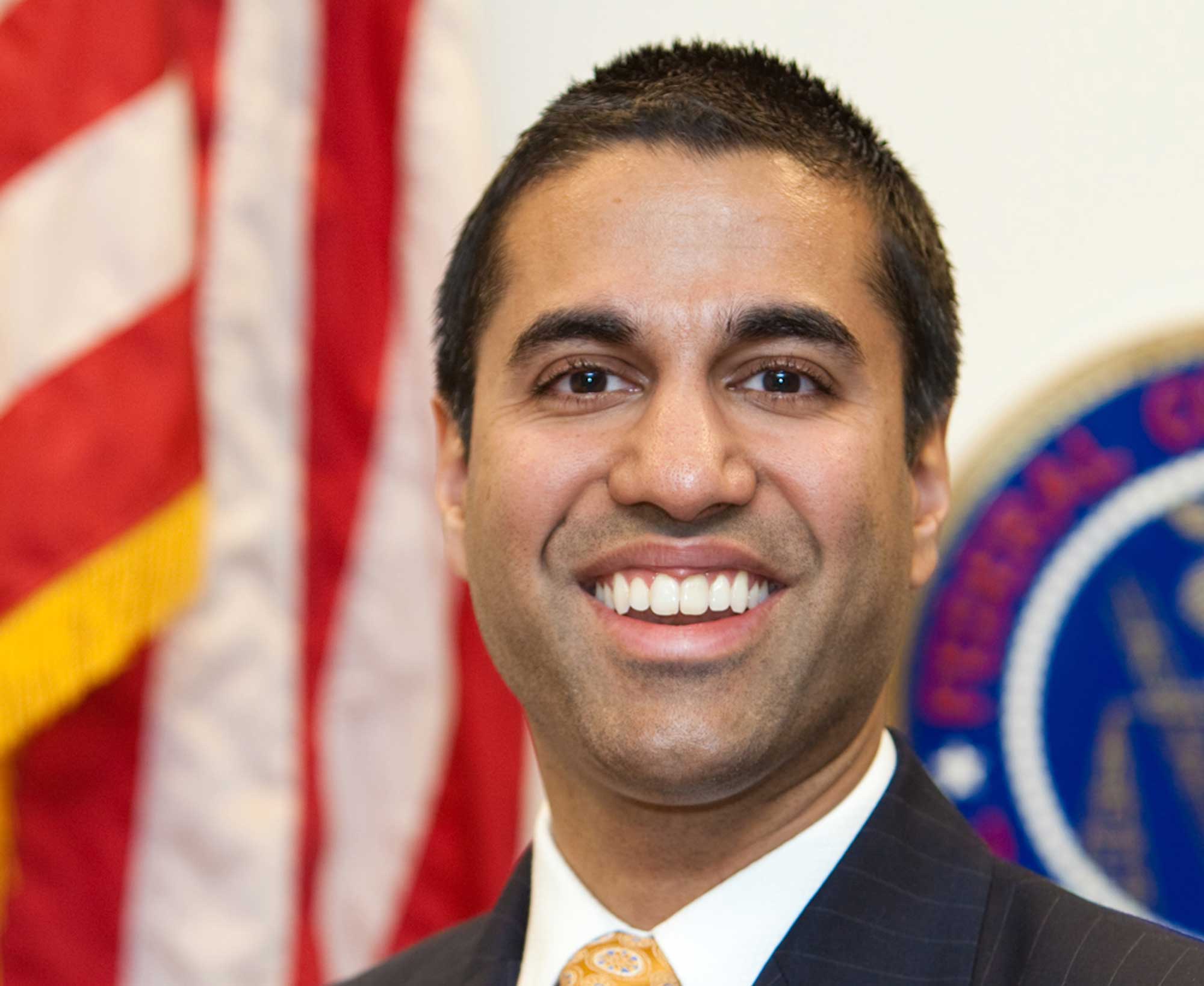Broadcasters Dodge a Dereg Derailer

The smarter way to stay on top of broadcasting and cable industry. Sign up below
You are now subscribed
Your newsletter sign-up was successful
The forecast is for more broadcast merger-and-acquisition activity after a federal appeals court denied a petition to reverse the FCC’s restoration of the UHF discount.
Under the discount, only half of a UHF TV station’s audience is counted toward the 39% cap on the maximum amount of national audience reach any broadcast TV group may have.
The ruling from the U.S. Court of Appeals for the D.C. Circuit could also have cleared the way for an FCC decision on Sinclair Broadcast Group’s acquisition of Tribune Media, which relied on the UHF discount to stay within the cap. The commission, though, had earlier decided there were enough issues with how the deal was structured and presented to require an FCC judge to hold a hearing, putting the fate of that deal very much in doubt.
The cloud over Sinclair has grown bigger after The Wall Street Journal reported on a Justice Department investigation into TV ad practices that stemmed from its review of the deal.
Cap Expected to Rise
FCC Chairman Ajit Pai is expected to now proceed with a decision on the agency’s twin reviews of the UHF discount and the 39% ownership cap. Pai signaled as much, talking about completing both reviews now that the court has ruled.
The chairman could well get rid of the discount himself. He has said in the past it is an anachronism dating to the days of analog broadcasting, when UHF signals were inferior to VHF, a situation reversed with digital signals.
The smarter way to stay on top of broadcasting and cable industry. Sign up below
At the same time, though, Pai is expected to raise the 39% cap, perhaps in stages, starting with 50%, as some broadcasters have called for. Within a year, he may then review it again and adjust again if necessary, perhaps as part of the quadrennial media ownership regulatory review that will launch by year’s end.
Broadcasters likely dodged the proverbial bullet in the UHF decision. The court did not decide on the merits of the challenge, instead denying the appeal by advocates Prometheus and Free Press in a two-page announcement — it did not publish an opinion — that the parties lacked standing to bring the suit, meaning they had failed to offer up individuals from Sinclair markets that would be hurt by a Tribune merger made possible because of the discount. They used the Sinclair deal as exhibit A of the UHF discount’s harms.
Two of the three judges during April oral arguments appeared to have trouble with the FCC’s defense of its restoration of the discount. Pai said the restoration would be reviewed in concert with the 39% cap to which it was inextricably linked, he suggested.
Could Have Lost on Merits
Most court watchers had been predicting the discount would be reversed if the court got to the merits. That would have likely blown up the Sinclair deal, though in terms of more general deregulation, Pai could have then proposed a new approach to both the discount and the cap, as he is planning to do now, likely in the next couple of months.
Free Press and Prometheus could still appeal the three-judge’s panel decision to the full court. Their lawyer had no comment on next steps, though, and the move would be a long shot, as en banc reviews are more the exception than the rule.
Contributing editor John Eggerton has been an editor and/or writer on media regulation, legislation and policy for over four decades, including covering the FCC, FTC, Congress, the major media trade associations, and the federal courts. In addition to Multichannel News and Broadcasting + Cable, his work has appeared in Radio World, TV Technology, TV Fax, This Week in Consumer Electronics, Variety and the Encyclopedia Britannica.

